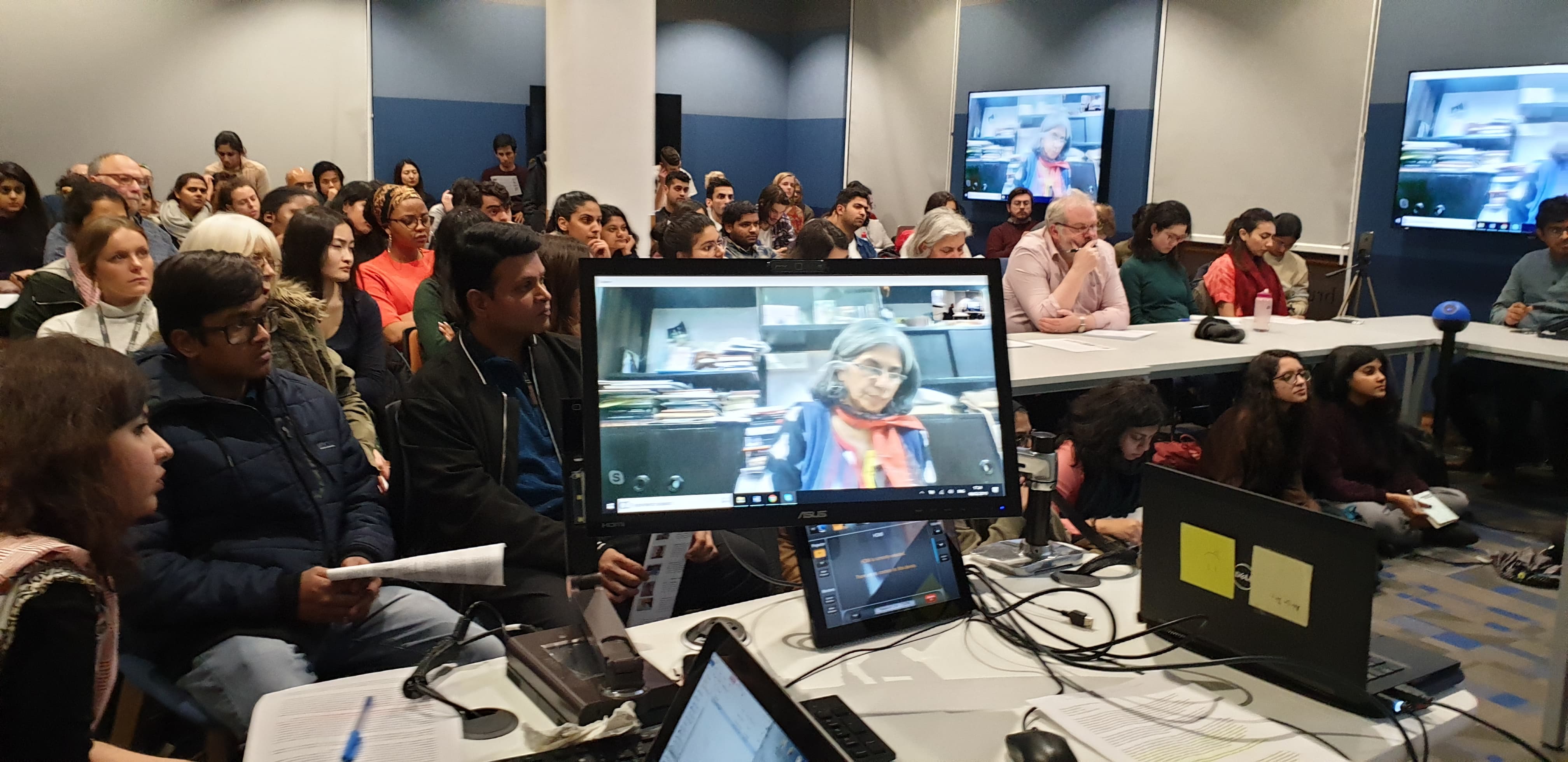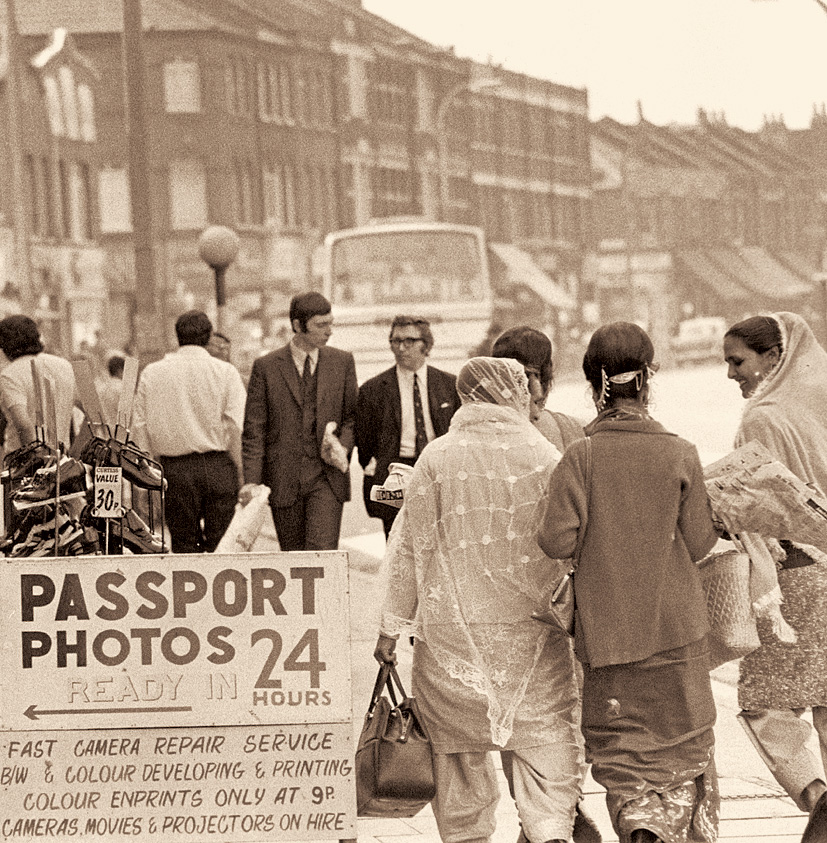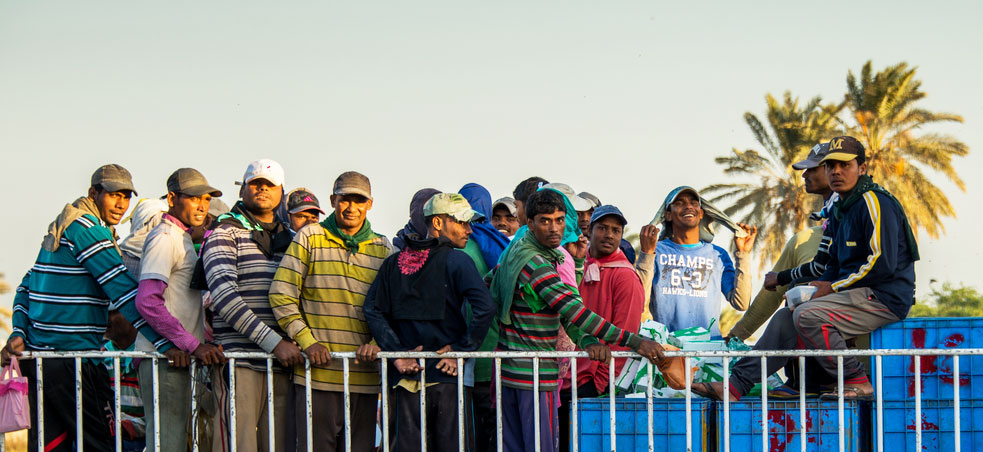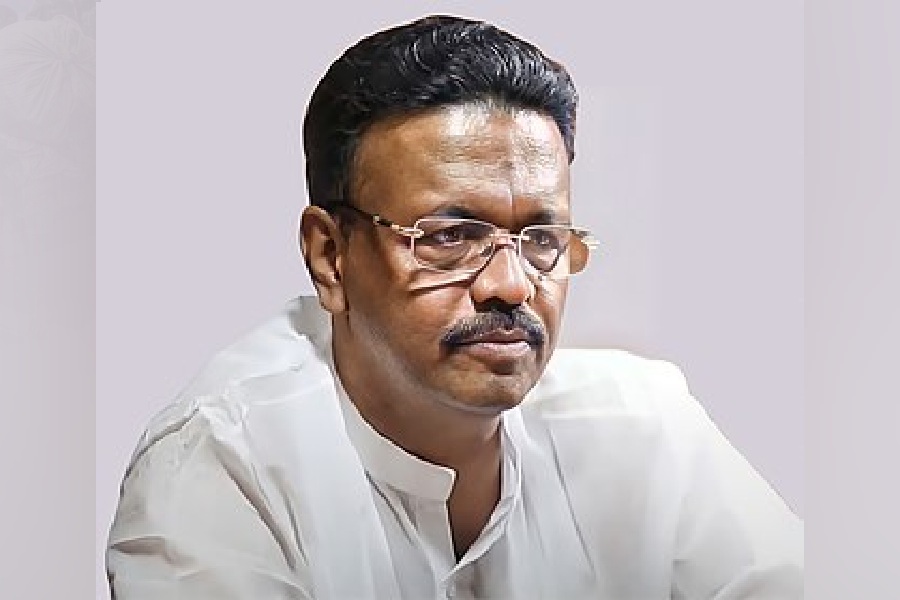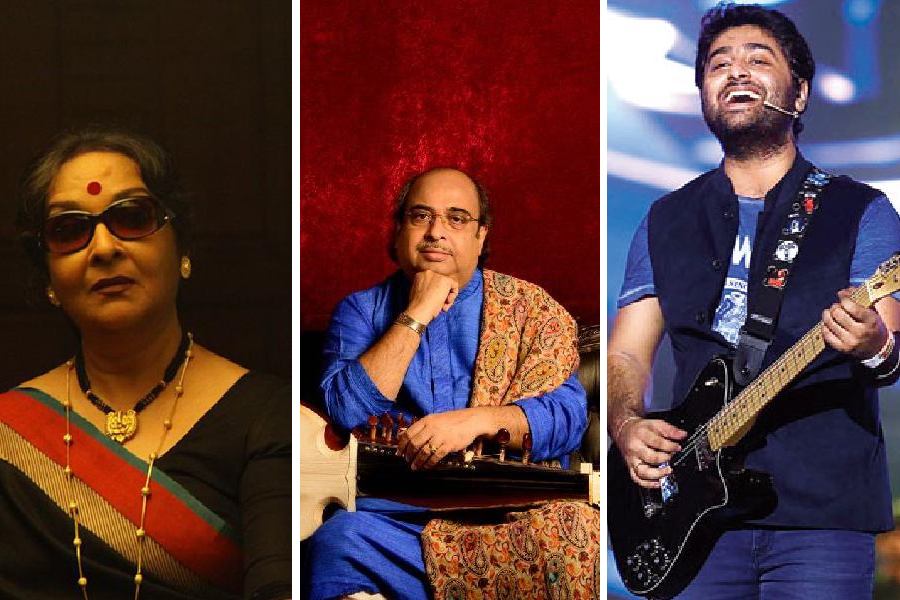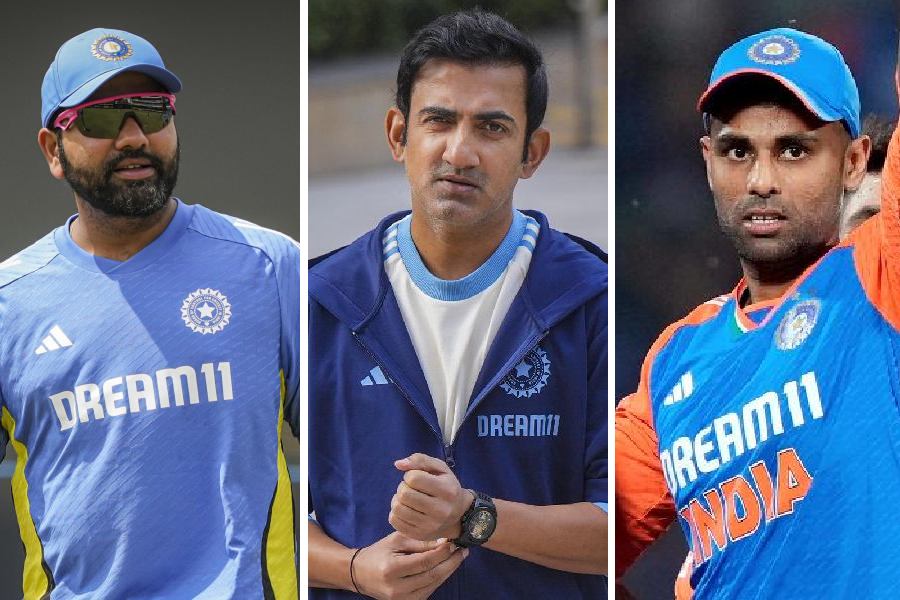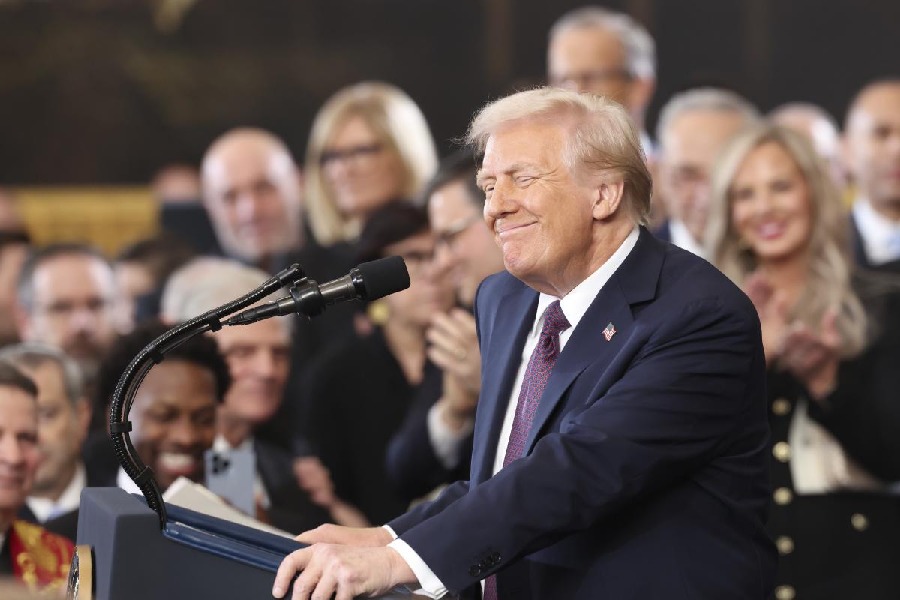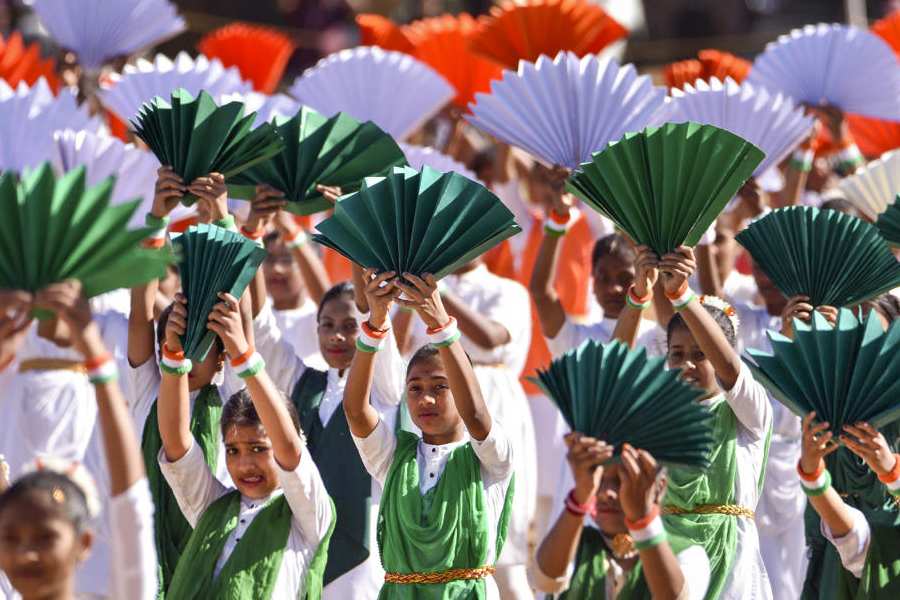While Narendra Modi has been gathering large-scale international support, the reality has been that in the name of employment generation and development, his fascist government has made every effort to reinforce Hindutva ultra-nationalist ideologies and the vision of a regressive, purist Hindu nation. In order to achieve this vision, there have been numerous pogroms and unprecedented levels of hatred and hate crimes towards India’s diverse communities. The targets are Muslims, Christians and the Dalits as well as workers, peasants, farmers and students who are now treated as enemies of the state.
Right-wing groups such as Sanatan Sanstha have been directly linked to the murders of rationalists and journalists such as Narendra Dabholkar, Govind Pansare, M. M. Kalburgi and Gauri Lankesh. The same three accused who were arrested and later given bail for the murder of Narendra Dabholkar have also been linked to the murder to Gauri Lankesh.
This government has used threats and arrests as primary tools to silence dissent and spread its propaganda narratives. Prominent human rights activists, intellectuals, and lawyers, including Sudhir Dhawale, Surendra Gadling, Mahesh Raut, Rona Wilson, Shoma Sen, Varavara Rao, Arun Ferreira, Vernon Gonsalves, Sudha Bharadwaj, Gautam Navlakha, have also been arrested on false charges. Fabricated charges have also been brought against Stan Swamy and Anand Teltumbde. All arrested persons are public intellectuals who have spoken out against rising fundamentalism, state terrorism and the indiscriminate use of the Unlawful Activities Prevention Act (UAPA) to suppress democratic voices in India. They have pointed out time and again, that the purpose of laws like UAPA is to keep whistle-blowers, political opponents and activists languishing in jail for years, even decades, to the fact that bail under these laws is very difficult.
Politically divided
While large sections of the Indian diaspora continue to support Modi, members of SOAS India Society feel that it is essential to highlight the atrocities actively propagated by the government and its efforts to completely dismantle the secular democratic foundation India stands on.
The Rashtriya Swayamsevak Sangh (RSS), which is the parent party of the BJP, has a deep-rooted presence in many places outside of India, including in London. On a policy level, their anti-minority stance has been visible in their vehement campaign against the legislation to end caste discrimination. In 2009 the British government introduced the equalities bill to counter discrimination in the UK. Dalit groups in the UK built a strong campaign, urging the British government to include the caste discrimination in the bill. However, irrespective of strong support this was never notified. A freedom of information request showed that the RSS had been lobbying the UK government to say that if caste was included in the equalities act, it would create serious problems in the relationship between the Indian and the UK governments.
There are also other forms in which the RSS operates in the UK. A report by Awaaz: South Asia Watch Limited (ASAW), a London-based watch-group, showed that millions of pounds collected from the British public as charity for victims of the Orissa super-cyclone (1999) and the Gujarat earthquake (2001) were used `to fund Sangh organisations in India`. The situation is similar in the US where it has been documented that the India Development and Relief Fund, a charity based in the state of Maryland, `was funnelling funds to Sangh institutions in India`.
The RSS and its affiliate organisations outside of India have historically instrumentalized the diaspora and their sentiments for wanting to remain connected to their “culture”. However, it is evident for instance in the recent survey conducted in the USA that caste discrimination remains a `significant form of discrimination amongst the Indian diaspora`.
A recent book titled The RSS: A View to the Inside by Walter K. Anderson and Shridhar D. Damle points to the RSS’ need for organising in the US in order to propagate its of pan-Hindu unification. In the book, the authors point to `examples` where the individuals of the diaspora community have used their influence and networks to campaign and publicise the BJP and Modi’s ideologies. It cites examples such as the CEO and founder of Asterix Solutions, Amitabh Sharma, who convinced lower-caste votes in Uttar Pradesh that Modi’s infrastructure and skill-based education models were better alternatives compared to conventional social welfare models; and Narain Kataria, the founder of the Indian American Intellectuals Forum, who also mobilised support for Modi across various Indian American communities, who in turn garnered support for Modi and the BJP among their friends and relatives in India. Mobilising more than 60,000 people to watch Modi speak cannot happen without large-scale on-ground organising. And it is time that we noticed this. A recent `article` in a leading Indian daily said that nearly 5,000 volunteers from the UK are likely to campaign for the BJP in 2019 Lok Sabha polls.
Given the visible presence of BJP-RSS and Hindutva politics in countries outside of India, mobilisation and awareness amongst the diaspora about Indian politics and the BJP’s communal agenda becomes crucial. With the awareness that diaspora communities have a huge role to play, financially and otherwise in the upcoming Indian elections, and with a bid to counter the rise of Modi’s fascist regime and to bring an international focus on the atrocities in India, the SOAS India Society has since December 2017 organised events, panel discussions, and film screenings every fortnight. These events have covered issues such as queer rights movements, the transgender rights bill, displacement and mining in Chhattisgarh, anti-Muslim violence, and the independence of the judiciary. Each event has viewed issues through an intersectional lens of class, caste, gender and religion.
Our most well-attended programme, titled ‘Violence and Dissent in Modi’s India’ was held on February 8, 2019, which saw a gathering of more than 100 people. The panel focused on the arrests of rights activists after the Bhima-Koregaon incident in January 2018. A statement of solidarity, demanding the immediate release of activists and urging the diaspora and international community to mobilise, was signed by 74 people at the event. Attendees pledged to continue mobilisation in the UK as India gears up for elections.
There is no doubt that as citizens and immigrants, our voices play a big role in shaping public opinion, and these voices need to become louder than ever in the run-up to the elections. As students, academics and activists in the UK, we will continue to hold events and discussions challenging this government’s discriminatory politics, neoliberal agenda and violent practices.
As one of the speakers said at the above-mentioned event, more than one-sixth of the world’s population lives in India, so if India descends into fascism, it is bound to impact the rest of the world.
As India stands at a historic crossroads between fundamentalism and progressive humanism, it is time that we unite across borders and `stand shoulder to shoulder` with our Indian friends who are struggling against injustice to bring an end to this fascist regime.
After becoming the Prime Minister of the world’s largest democracy, Narendra Modi visited the United Kingdom in 2015, and what a welcome he received! Almost 60,000 British Indians from 450 community groups attended his rockstar reception at the Wembley stadium. About 800 performers participated in the free concert that preceded Modi’s speech, and he was introduced on stage by the then British Prime Minister David Cameron. Since his visit coincided with the Diwali festival, it also featured what has been billed as one of London’s largest ever firework displays.
How did Modi, a man on the banned-visa list of the United Kingdom for his alleged direct connection to the 2002 Gujarat pogrom in which about 1000 Muslims were murdered, achieve such celebrity status?
The concert was not an official event organised by the British Government; it was privately organised by a non-profit company called `Europe India Forum`, formed for Modi’s visit to the UK by multimillionaire British-Indian industrialist Nat Puri. The fund not only received thousands of pounds worth of corporate funding but also individual contributions in various capacities.
Modi visited London again in 2018. Hundreds again flooded the streets to welcome him, and performances were organised by various sections of the diaspora community. Blinded by Modi’s neoliberal development agenda, the upper-class, upper-caste diaspora chanted Modi’s praises. Hand-picked Modi supporters were allowed in his town-hall discussion and while both the right-wing and liberal media from India were present, most chose to completely ignore the protests around his visit, projecting a perfect image of Modi to the larger public imagination.
To Modi and his supporters, his international reputation matters. Till about end of 2018, Modi visited over 55 countries in 48 foreign trips since taking over as prime minister in May 2014. The government incurred a total cost of about Rs 2,021 crore for these trips.
Adrija Dey is a researcher at SOAS University of London, and is currently studying sexual and gender-based violence in Indian universities. Chandni Chawla is a lawyer from India, pursuing her LLM in Human Rights, Justice and Conflict from SOAS. Siddharth Chakravarty works with The Research Collective and is currently a Master's student at SOAS. His interests lie in studying how transnational class-power shapes policy-making in India.

